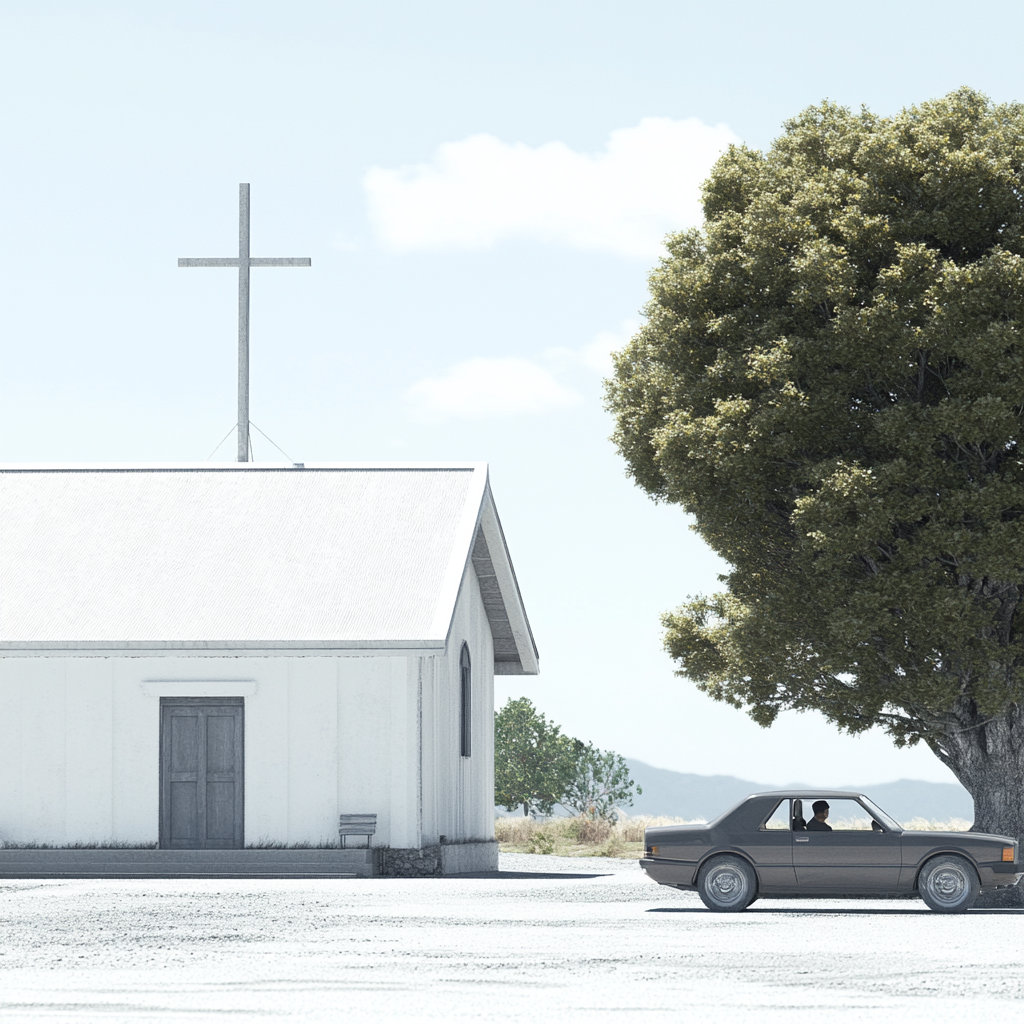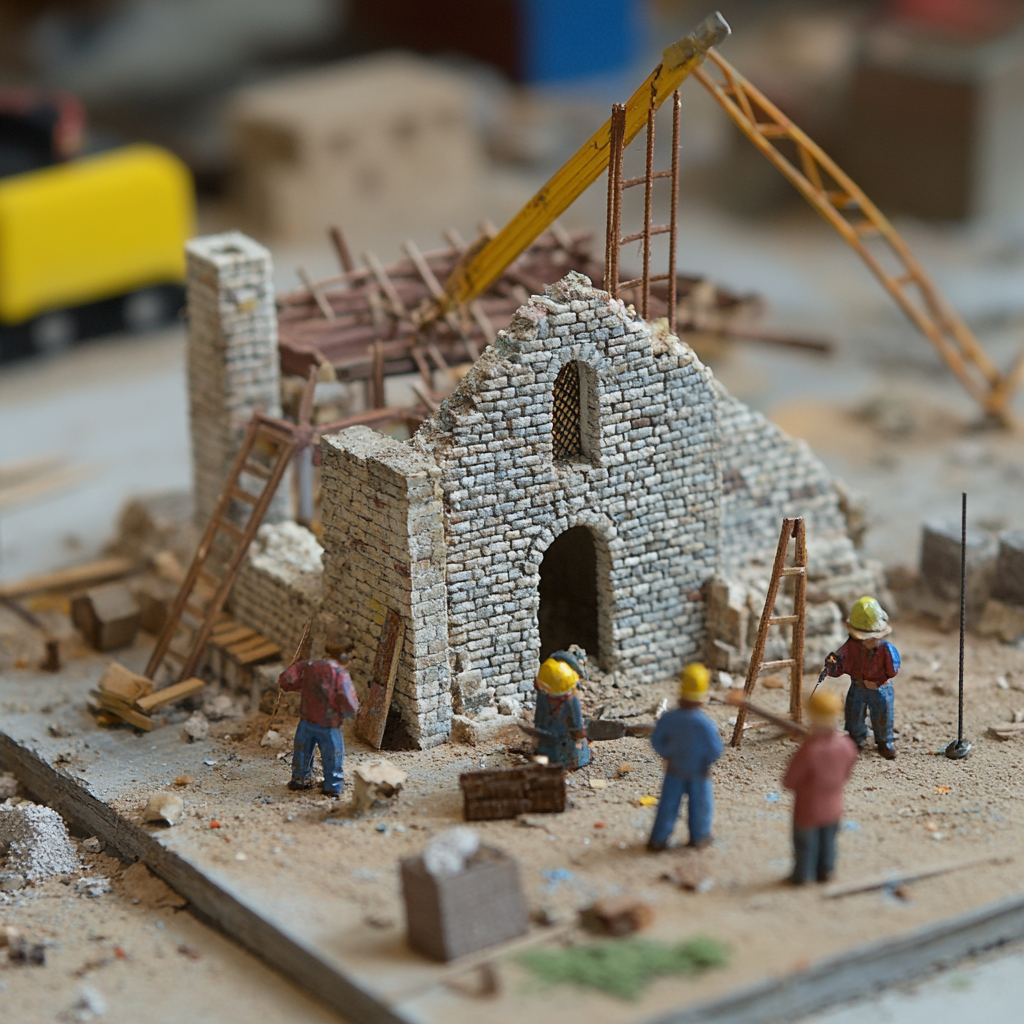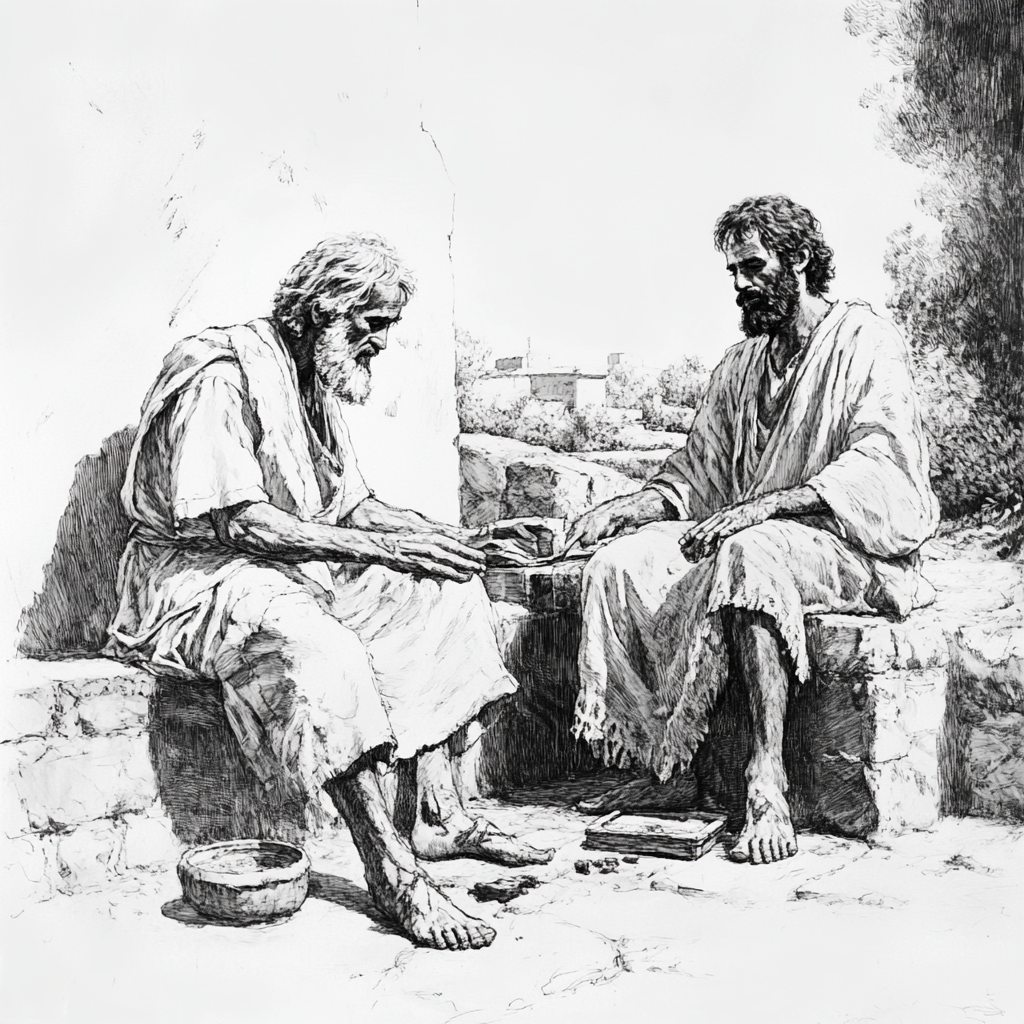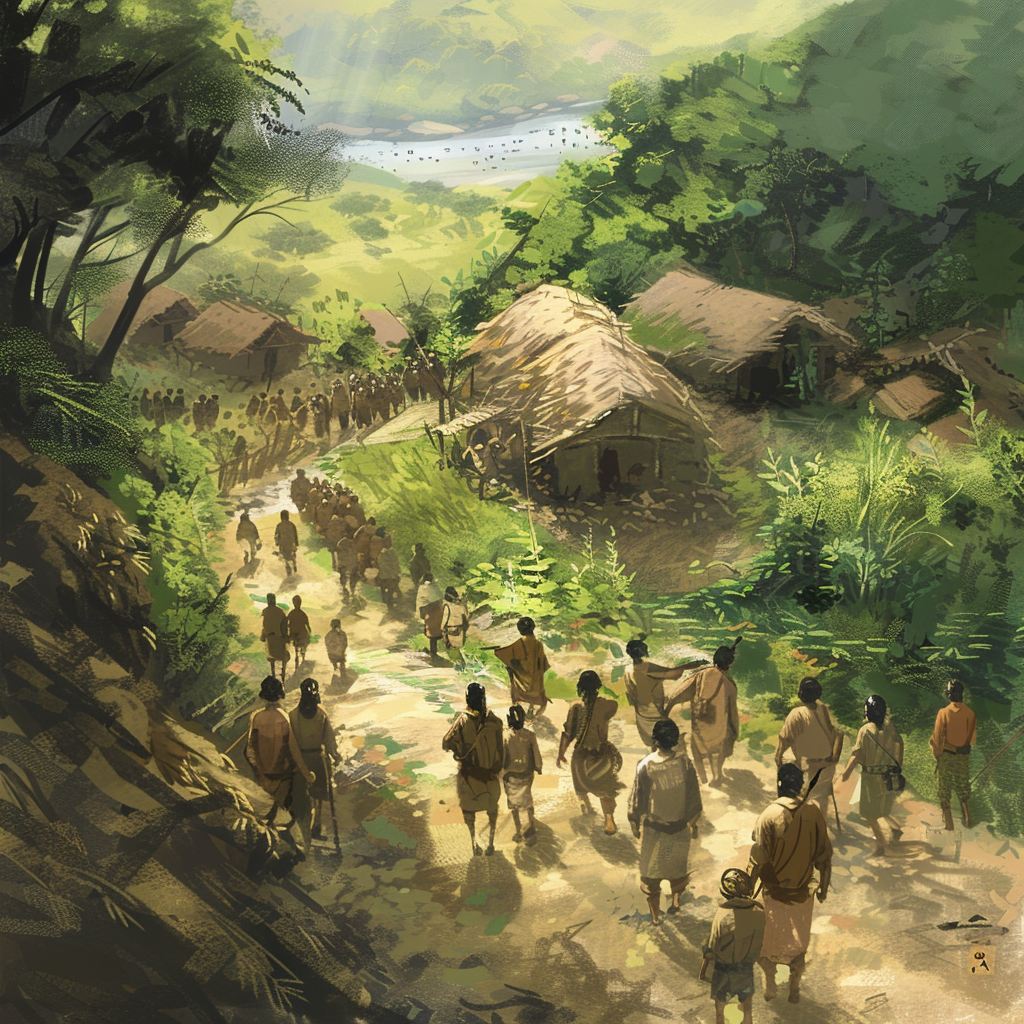Opening Verse
“Have mercy upon me, O God, according to thy lovingkindness: according unto the multitude of thy tender mercies blot out my transgressions. Wash me throughly from mine iniquity, and cleanse me from my sin.” – Psalm 51:1–2 (KJV)
Introduction
Sin separates us from God, leaving our souls burdened with guilt and shame. But Psalm 51 reminds us that God’s mercy is greater than our failures. When we come before Him with a repentant heart, He is faithful to cleanse and restore us.
Devotional Story
A man sat in his car outside a church, wrestling with guilt. His life was a mess—broken relationships, bad decisions, and a heart weighed down by past sins. He had walked away from God years ago, and now the thought of returning seemed impossible.
That Sunday morning, he hesitated, his hands gripping the steering wheel. He wanted to run, but something held him there. A song from inside the church caught his ear: “Amazing grace, how sweet the sound, that saved a wretch like me.” The words pierced his heart. He bowed his head and whispered, “Lord, if You can still love me, have mercy on me.”
With that simple prayer, the weight of years began to lift. He stepped out of the car and walked inside, finding himself among other broken souls seeking the mercy of God. That day, he realized that no sin is too great for God’s grace to cover.
What This Means
God’s mercy is abundant. No matter how far we have strayed, when we cry out to Him with a humble heart, He washes us clean. Psalm 51 is a plea for forgiveness, a reminder that God does not turn away those who seek Him in truth.
Think About This
- Have you been carrying the weight of past sins instead of surrendering them to God?
- Do you believe that God’s mercy is enough to cleanse you, no matter your past?
- What is stopping you from coming before God today with a repentant heart?
Prayer
Heavenly Father, I come before You with a broken heart. I have sinned against You, but I know Your mercy is greater than my failures. Wash me, cleanse me, and restore me to the joy of Your salvation. Thank You for Your unfailing love. In Jesus’ name, Amen.
Closing Verse
“If we confess our sins, he is faithful and just to forgive us our sins, and to cleanse us from all unrighteousness.” – 1 John 1:9 (KJV)









